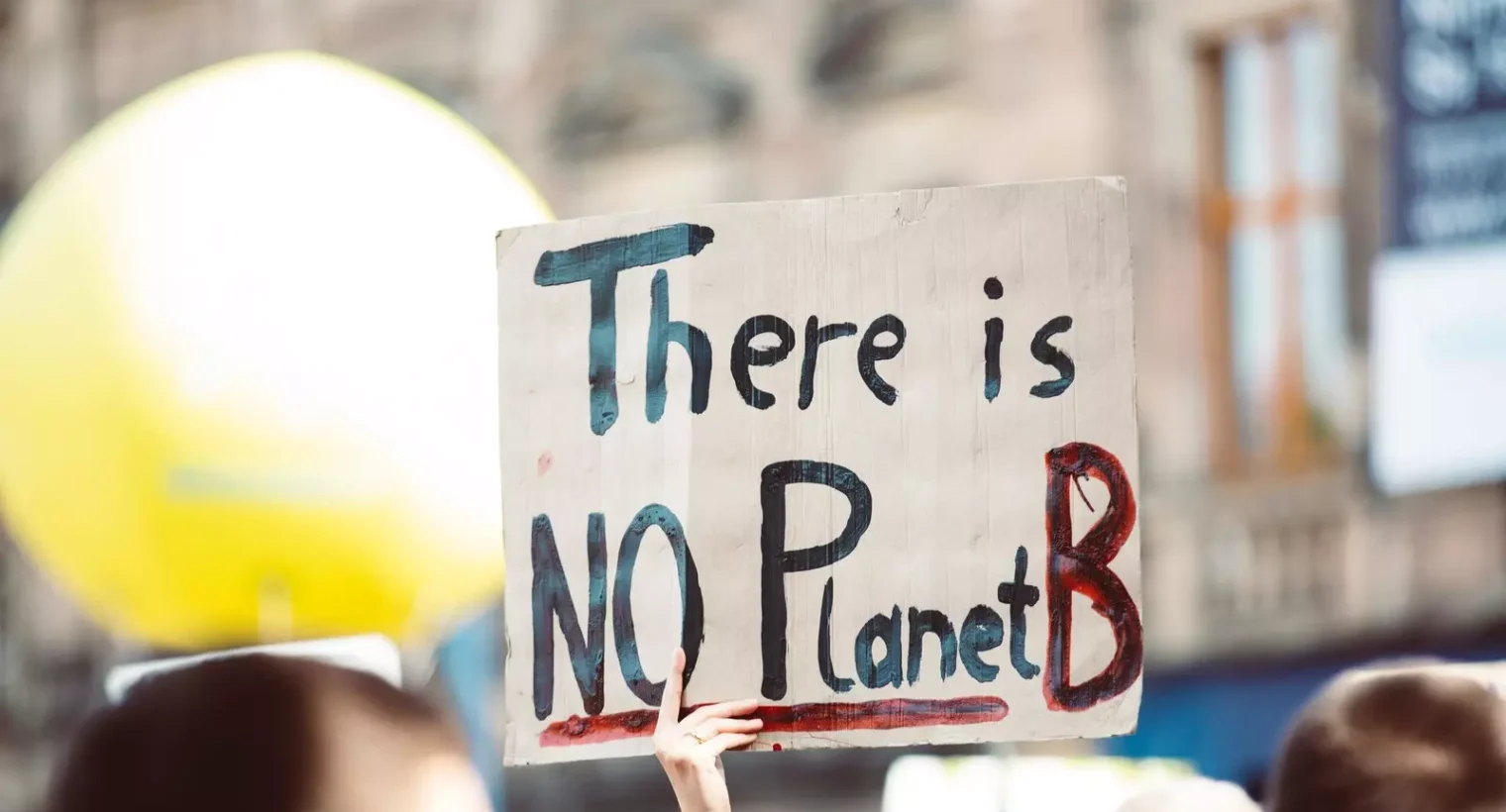The climate crisis is fundamentally and irreparably reshaping our world. It is a child rights crisis, affecting children first and worst with deepening inequalities across borders and generations.
Children all over the world have inherited a problem for which they are not responsible. In a new Save the Children report – Born into the climate crisis: why we must act now to secure children's rights – we highlight the impact the climate crisis is having on children's rights now and for future generations.
How the climate crisis affects children
According to new research in the report, which was developed with an international team of leading climate researchers led by the Vrije Universiteit de Brussels (VUB), children born in 2020 will be much more difficult and affected by the climate crisis in their life than their children. grandparents.
With reference to the emissions reduction pledges of the Paris Agreement, the new data shows that a child born in 2020 will experience twice as many wildfires on average; 2.8 times the exposure to bad harvests; 2.6 times more drought events; 2.8 times more river floods; and 6.8 times more heat waves throughout their lives compared to a person born in 1960.
Children in low- and middle-income countries, who have done the least to contribute to climate change, will continue to bear the brunt of these dangerous impacts of the climate crisis. For the most vulnerable children, including those exposed to multiple hazards, those living in conflict, those most deeply affected by COVID-19, and those facing inequality and discrimination, the impacts of climate change will worsen, jeopardizing their access to rights and services. Basics with additional risk.
There is still time to change things, but we must act now.
Keep global temperatures low
According to the same data , if global warming is limited to 1.5°C above pre-industrial levels, the additional lifetime exposure risk for children born in 2020 will be reduced by 45% to heat waves; 39% due to drought; 38% due to river floods; 28% due to bad harvests; and 10% for forest fires.
Reducing the risk of exposure to extreme weather events will have a critical impact on children's access to basic services. More children will be able to stay in school, increases in malnutrition rates will be prevented, and ultimately the lives and futures of many of the world's most vulnerable children will be saved.
High-income countries that are primarily responsible for climate change have a critical leadership role to play. Investing $1.8 trillion globally in five key adaptation areas over a ten-year period could generate $7.1 trillion in total net benefits.
Consider children in planning
Investing in children is also financially sound because they will grow up knowing how to address the root causes of the climate crisis and adapt to its impacts. Children tell us repeatedly how the climate crisis is affecting them, how urgent it is for us to act, and how they want to be involved in finding solutions.
"Climate change is a huge crisis... children's education in affected areas is disrupted."
- Dilmani, a 15-year-old girl from Sri Lanka
Despite the direct and disproportionate threat children face to their rights now and in the future, and the leadership they are providing in the climate movement, children are routinely excluded and overlooked in discussions, policies and climate summits at all levels.
Moving forward, we must all ensure that children are heard, including at global summits such as the upcoming Conference of the Parties climate conference (COP26) in Glasgow, UK.
The window of opportunity to make a difference for children is closing fast. Climate action commitments and funding remain dangerously inadequate and unless world leaders increase their ambition now, current and future generations of children will suffer.
“We must change drastically and start taking the climate crisis seriously, we must act now to have a chance to achieve our goals and save the future. Kids may not be climate scientists, but we do know something important. We must act now!"
- Emanuel, a 14-year-old boy from Norway
It is critical that governments accelerate commitments to the next five-year cycle of the Paris Agreement to limit global warming. They must also provide child-sensitive climate finance, as well as social protection and support for children and their communities so that they can better adapt and recover from climate shocks.
Together with governments, the private sector has a crucial role to play in leading the just transition towards sustainable carbon-neutral economies that safeguard our planet and the future of children. This includes divesting from fossil fuels and creating greener jobs.


